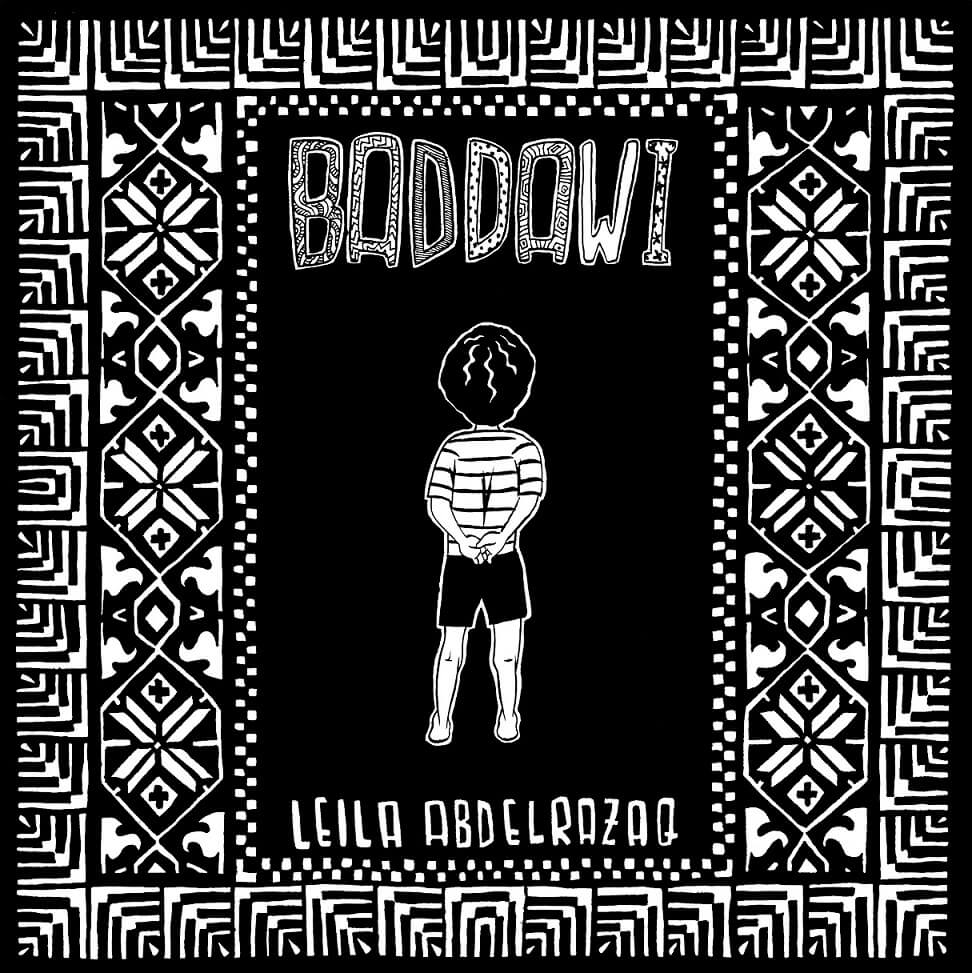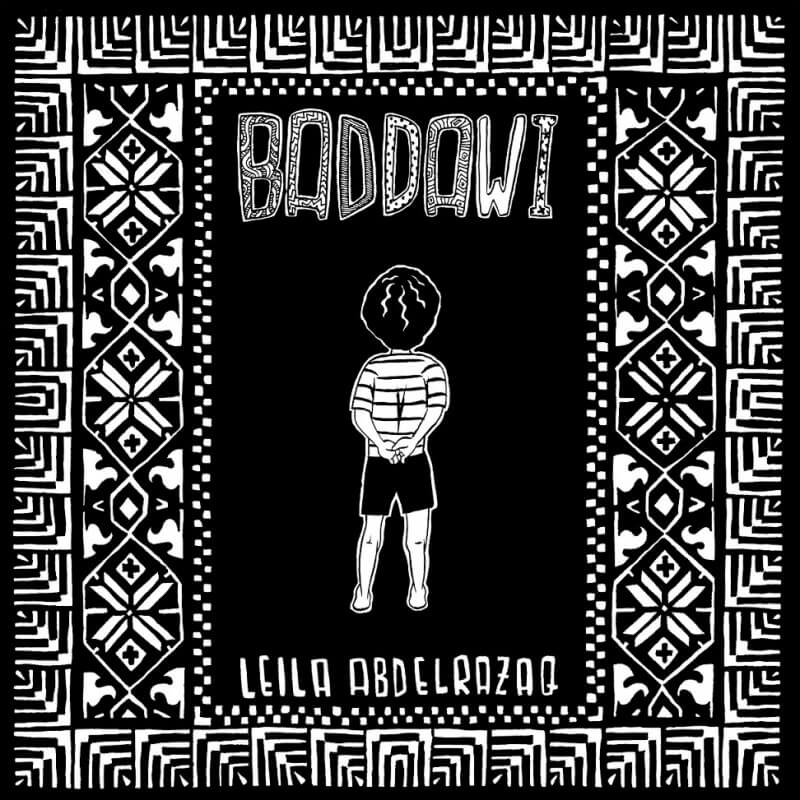18 Dec / Baddawi by Leila Abdelrazaq

 “I believe that art is an essential element of revolution,” Leila Abdelrazaq begins her “Artist Statement” on her website. She’s half Palestinian and half American activist based in Chicago with a 2015 DePaul University degree who has generations of stories to share.
“I believe that art is an essential element of revolution,” Leila Abdelrazaq begins her “Artist Statement” on her website. She’s half Palestinian and half American activist based in Chicago with a 2015 DePaul University degree who has generations of stories to share.
Her Baddawi began as a webcomic “… about the life of my father, illustrated in the form of a graphic novel” – she clearly anticipated her virtual panels would find a more permanent home in a book to hold, read, and share. “I don’t draw Baddawi because this story is unique. I draw it because it is a common story that is not frequently told.”
Palestinians, she explains in her “Preface,” “.. make up the largest refugee population in the world, numbering more than five million.” Her father, Ahmad, is one of those displaced, born in a Lebanese refugee camp called “Baddawi,” – “derived from the word ‘Bedouin’: nomad” – after his parents were forced to flee the violence that destroyed their Palestinian village in 1948.
Ahmad and his eight siblings grew up in Baddawi during the 1960s and ’70s. Amidst the ever-changing politics, constant threats and consequences of ongoing violence, and continued displacement, Ahmad manages to nurture friendships (even as people get arrested and families disappear), play games (although sometimes they involve gambling and lead bullets), have fun (but often gets in trouble, too). Family lore and strong traditions are never far, as are good friends who feed and nurture young Ahmad when his parents aren’t always available. The family is reunited temporarily, sporadically in Beirut where Ahmad’s father is able to find a more employement, but Ahmad asks to return to Baddawi when the neverending fighting curtails his education. Ahmad studies, works, dreams, falls in love … and eventually, he flies away.
Released earlier this year by boutique specialty press Just World Books, Baddawi’s publication is presciently timed, given the influx of Syrian refugees worldwide (albeit not in some places, ahem): “Baddawi is not a tribute to my father, it is a tribute to displaced Palestinians worldwide. I write this because too often, I see Palestinian refugees (and for that matter, refugees in general) portrayed as objects of suffering to be pitied, defined by circumstance, rather than subjects of their own individual narratives to be empathized with.”
By claiming her father’s story, Abdelrazaq shares her heritage with new generations of new audiences. “This story is about one individual, but its anecdotes are uttered in countless families, at children’s bedsides, late at night. … That’s because for Palestinians, preservation of the past is an act of resistance.” Indeed, that’s a lesson for us all.
Readers: Middle Grade, Young Adult, Adult
Published: 2015
